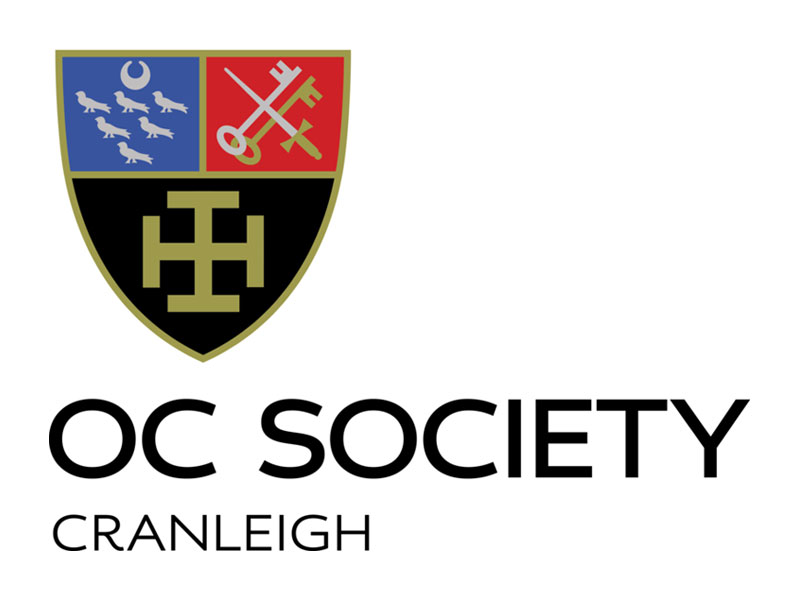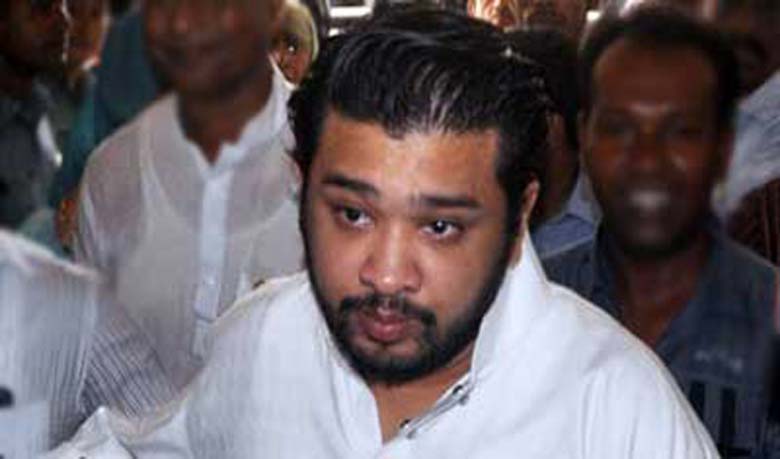Following on from our article on November 22, it appears that the situation involving Humam Chowdhury (2&3 South/North 2000) has become worse. Members of Hummam’s year group at Cranleigh have been trying to assist the family and undertaking additional research into his unlawful detention which looks set to continue indefinitely. Amnesty International are still pressing the Bangladesh government for answers on this case, or to at least bring a charge forward for Hummam and the three other political prisoners that are being illegally detained without trial.
A number of OC’s have written to their MPs over the last few weeks with the hope of getting a response on this from the Foreign and Commonwealth Office, who currently have a good relationship with the Bangladesh government. However answers have not been forthcoming. Similarly the US embassy appears to have taken its eye off the ball in regards to calling out Bangladesh over its human rights abuses following the recent US election.
It has emerged that there is an even closer connection within the UK Parliament who may be able to help with Hummam’s situation. Tulip Siddiq, MP for Hampstead and Kilburn, is the Niece of the Bangladesh Prime Minister and clearly has close family ties with her Aunt. Mrs Siddiq has also worked for Amnesty International in the past and is an outspoken critic of human rights abuses around the world; indeed she has recently lobbied the FCO to help another British Citizen who is being detained without trial in Iran. A number of OCs have written directly to Mrs Siddiq in the past week to ask for her assistance in Hummam’s case given her connections to the Bangladesh government that is holding him without trial. We are hopeful of a response from her very soon.
We would continue to ask OCs to continue to write to their own MPs and Mrs Siddiq to ask for their assistance for the sake of Hummam and his family. There is also an e-petition that you can sign, calling on the FCO to increase the pressure on the Bangladesh government to end their abuse of human rights.
Rob Verdon (Cubitt 2002)


